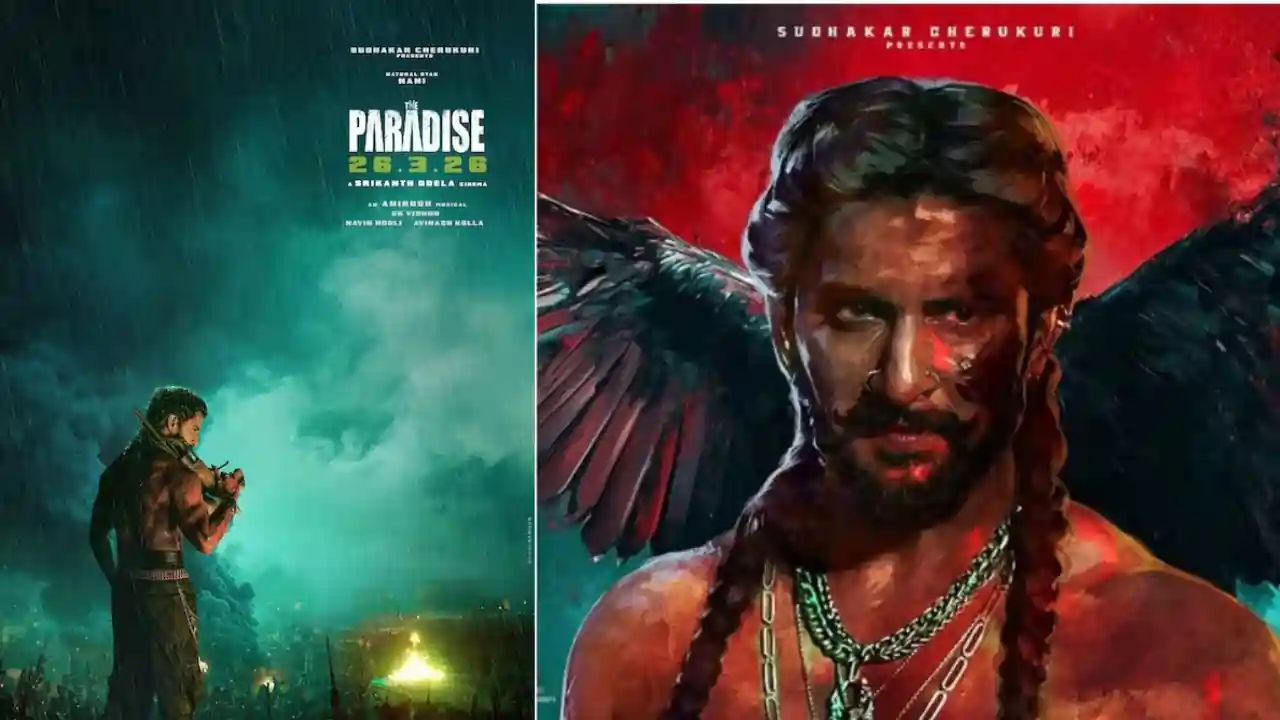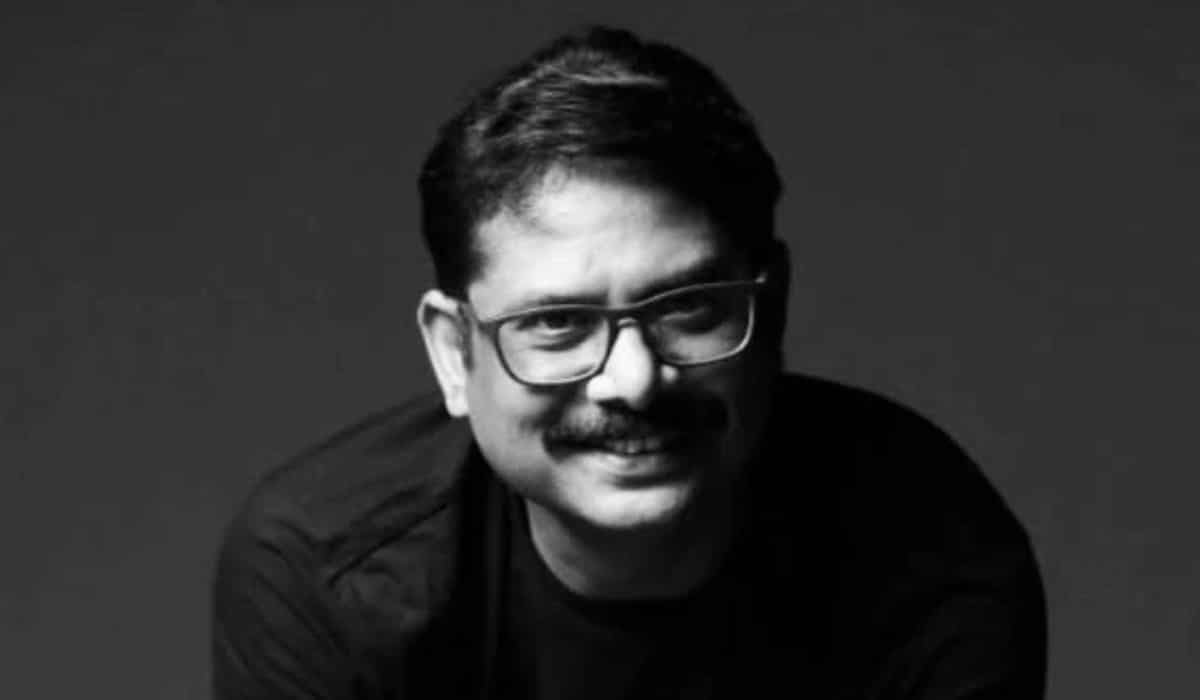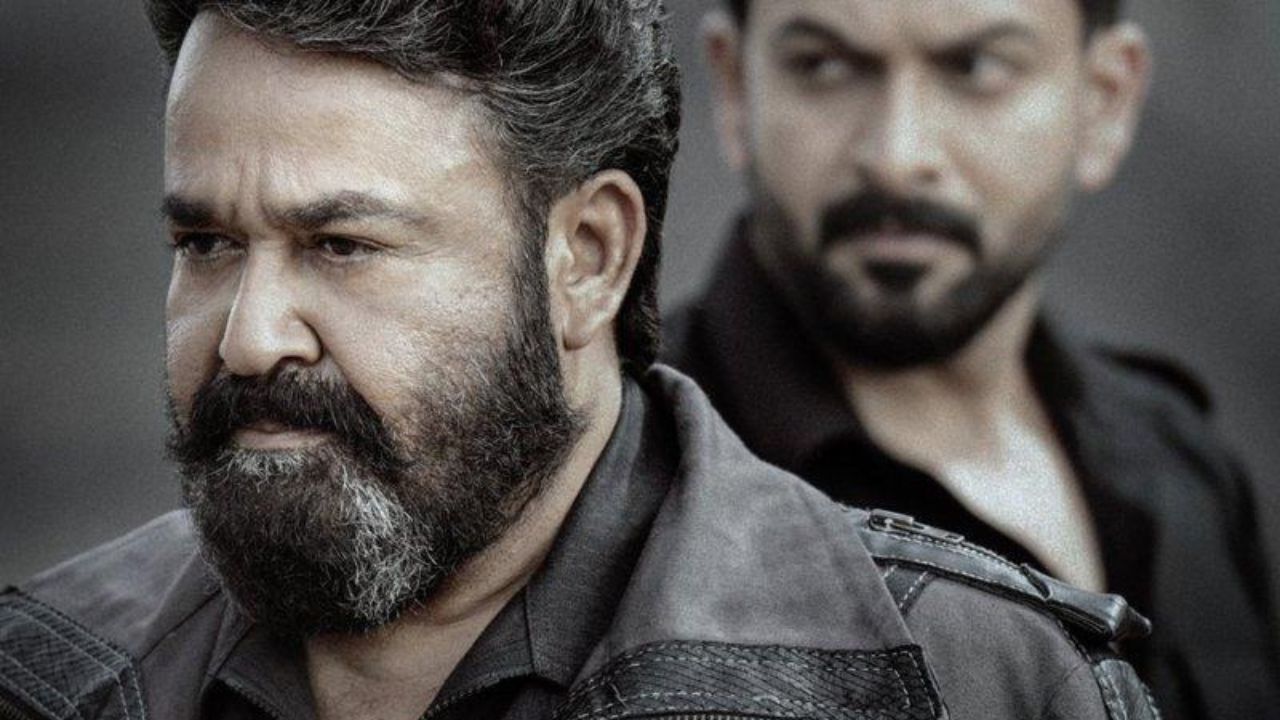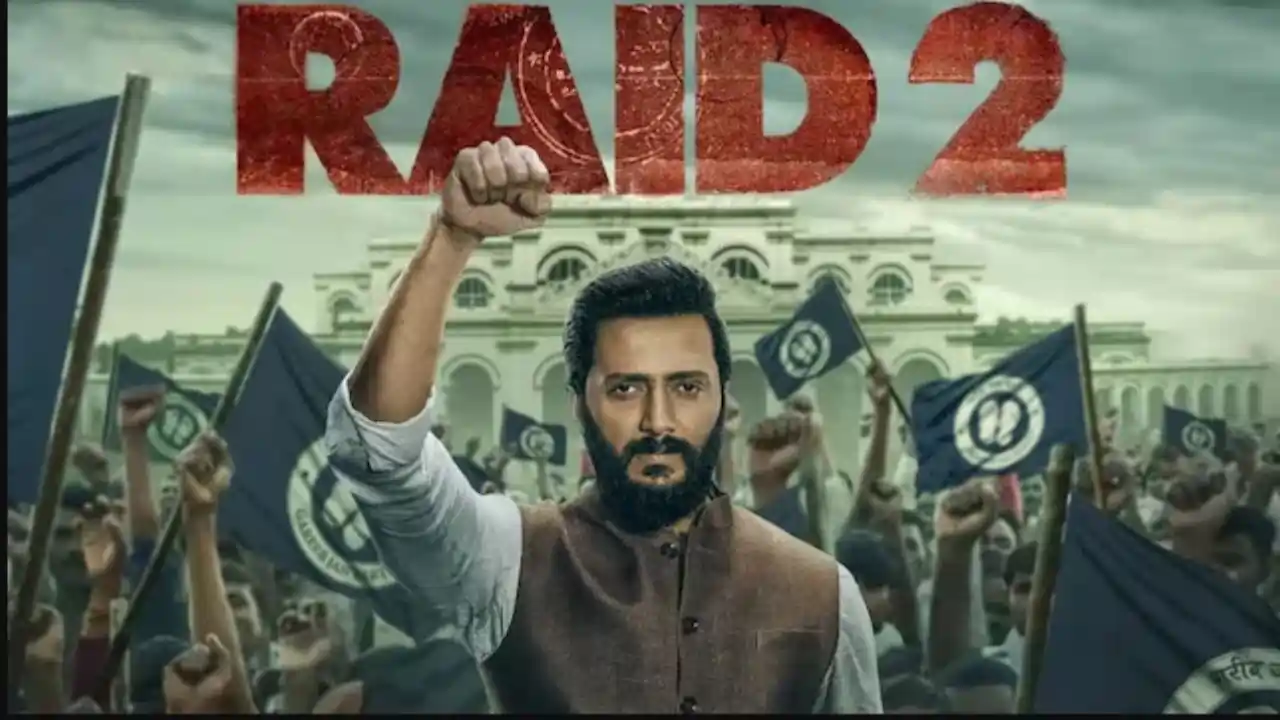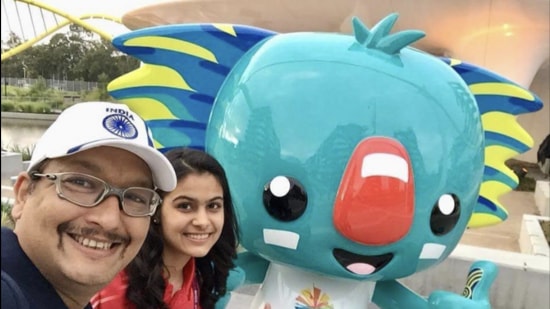
Manu Bhaker lines up her shot at redemption at Paris Olympics
8 months ago | 66 Views
Mumbai: Seated across a round table on the pristine lawns of a plush five-star hotel, Manu Bhaker is chirpy. She discusses Bollywood movies, Instagram reels, and violin tutorials amid serious shooting talk. Towards the end of the conversation, Jaspal Rana pulls up a chair as a question about lessons from the Tokyo Games, looking ahead to Paris, arises.
“So, I think... sir baithe hain toh thoda pressure feel ho raha hai (I’m feeling some pressure now that sir is sitting with us),” Manu says, breaking into a laugh.
“Go on, speak your mind,” Rana replies, smiling.
She does just that. The 22-year-old, who often uses ‘bro’ in her Gen Z lingo, offers nuanced insights into her evolved mindset from three years ago. Back then, as a highly talked-about teenager, she would fall silent at showtime. Now, heading to her second Olympics, the pistol shooter has a lot riding on her performance. Manu mentions the “huge deal” that losing competitions would be for her before touching upon learning to not dwell upon failures, or successes.
“People forget with time. And so should you. I’ve won so many competitions, but after Tokyo, people were like…” says Manu, gesturing with her right hand as if tossing all her prior achievements into an imaginary trash can. “So, it doesn’t matter. Just enjoy the moment.”
Rana mentions Manu’s growing maturity. “She is much calmer and more practical.”
Manu wasn’t around when the compliment was offered. “He does?” says a stunned Manu, the last word stretched as wide as her eyes. “He always treats me like a kid; like I’m still 17. I too feel like a kid with him. And if he thinks I’m mature...bro, I feel so proud.”
Manu was indeed a kid when Rana, an accomplished former shooter himself with multiple Asian Games and Commonwealth Games medals, began coaching her. Now, as Manu puts it, he is more than just that — he is her mental coach, fitness coach, yoga coach, father figure and, at 48, a friend (a relationship, the youngster says, she barely has with anyone else). There was a time when Rana was only some of the above. And a time when he was none.
Manu was among the country’s brightest young prospects when Rana was the junior national coach. Together they snapped up medals — Manu won the 10m air pistol gold at 2018 Youth Olympic Games, 2021 Junior World Championships, 2018 Commonwealth Games apart from multiple senior World Cup medals from 2018 to 2021 — and stirred up hopes for the Tokyo Olympics. Months before the Games, the two had a bitter public fallout, with Manu apparently unhappy over her coach’s increased attention towards another shooter.
The split, irrevocable then, shattered Manu’s Tokyo hopes — she did not make the final in any of her three events — and results over the next couple of years suffered.
A phone call last year from Manu to Rana stitched it back up. “I told him, ‘I would either leave shooting after 2024 or I would shoot with you (Rana). I don’t enjoy the sport anymore, and I’m not going to carry on. But with you, I might, and I might for many more years’,” Manu says.
Looking back, both Manu and Rana concur that the friction was a case of “misunderstanding and miscommunication”, while letting “people who wanted to break us apart” succeed, says the former. Manu taking the first reconciliatory step conveyed her maturity to Rana. Both believe they’ve emerged stronger from the split.
“People would say, ‘jo hota hai acche ke liye hota hai (whatever happens it is for the good). And I was like, bro, everything is going bad, what is good in all this?” Manu says. “But now, I believe in it. Coming out of the worst times that any relationship can have, we are stronger.”
Rana accepts that period was “lost time”. Once they got back together, the first order of business was to show Manu the mirror. Because technically, both agree, there is little to be done at this age and stage of Manu’s career (“most of it is mental,” Manu says).
“I just had to convince her again that ‘you are the one’,” Rana says. “She needed a little more confidence. She knows better than anyone else the value of the last Olympics that she could not crack. She was at base camp. Now she’s back on track.”
Rebuilding trust in each other took some time, Rana says. Manu though immediately began enjoying shooting a lot more training with Rana up in the foothills of Dehradun.
Manu found the peace she couldn’t in Delhi, where she would often be reminded about the kind of expectations she carries when young shooters told her they looked up to her.
“I respect that, but sometimes I just want to relax a little. Not be under pressure to keep going and work hard. That’s why getting back with him and going to Dehradun was so refreshing for me,” Manu says. “His work patterns suit me.”
Part of those patterns is to make her an independent shooter, junk the needless over-analysis of scores and data and not fret over failures and mistakes. “I’m okay if she shoots bad; she’s not a machine,” Rana says.
“Only sometimes when she makes silly mistakes, I get a little angry.”
Manu says Rana “helped me chill”. She stopped working with a sports psychologist, which she did in the previous Olympic cycle.
“I don’t think I’m meant to work with them. He (Rana) is everything to me,” she says. “He knows what I need, what will be good for me, what I should avoid.”
What they do almost as a quotidian routine is go for walks together in the evening. They share few common interests, and so the walk and talk can be about anything that Manu wishes — ‘faaltu cheezein’, (silly things) Instagram stories, personal life — because she doesn’t have friends to do that with. Rana, a father himself, dons that hat too.
“I could never make friends, let alone do other things, because I barely get the time,” Manu says. “I can be myself around him. I can do stupid things, talk stupid stuff, and I know he won’t mind.”
The talk circles back to Tokyo learnings and Manu has a newfound approach of not taking needless pressure or worrying about outcomes. “Sir brought that side of me,” she says. “I was not brave the last time. I just want to be freer and braver this time.”
With Rana seated across the table, Manu speaks about being self-driven. At times, however, she needs that little push (which she says comes largely from Rana). And simply the presence of someone she trusts at the range.
“Aankhe sirf coach ko dhoondti hai (Eyes only look for the coach),” Manu said. “Just looking at him gives me courage.”
# ManuBhaker # Paris # Olympics






